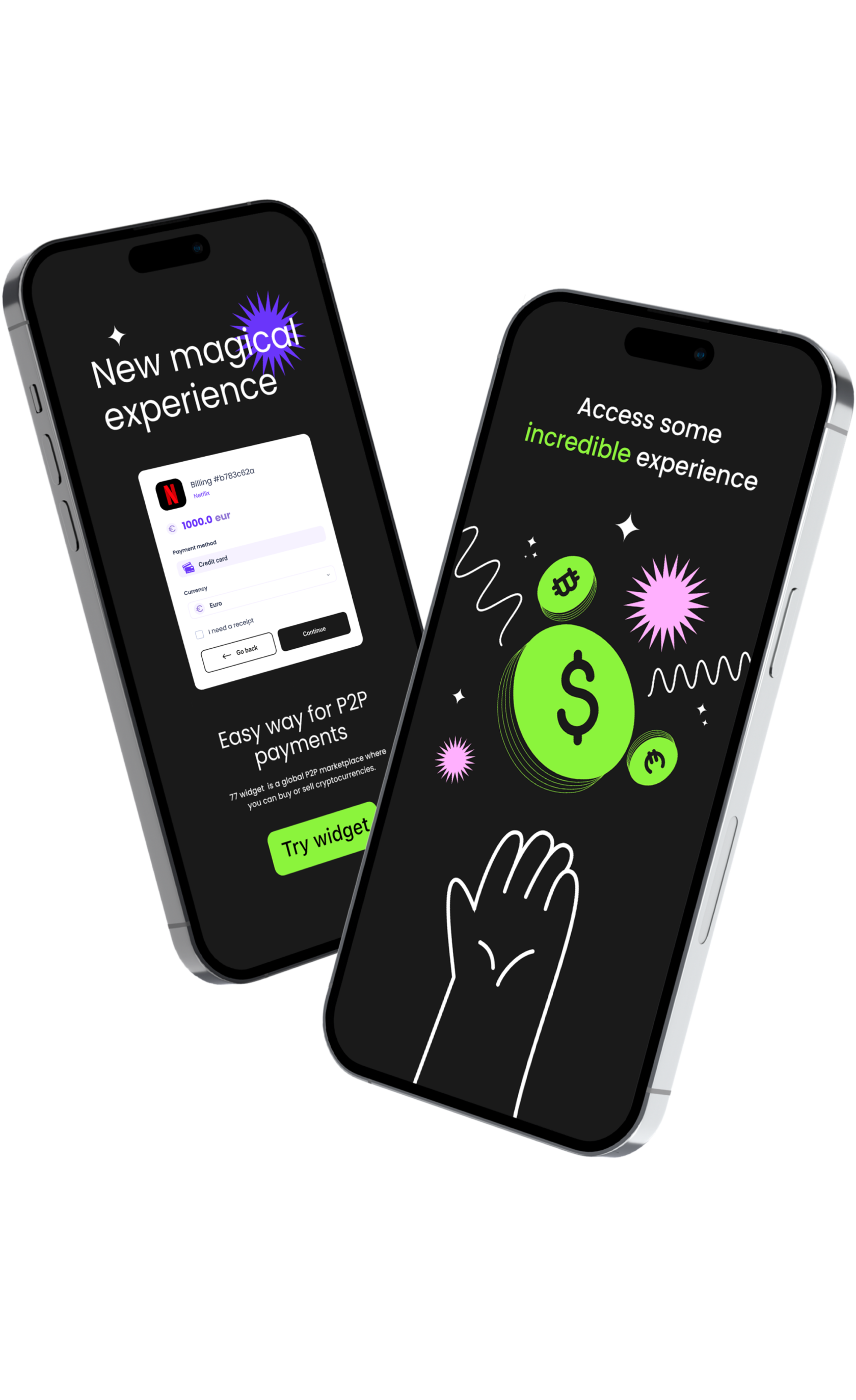As cryptocurrencies continue to gain popularity, the importance of securing your crypto assets cannot be overstated. With the rise of digital currencies comes the increased risk of cyber threats, hacks, and scams. Ensuring the safety of your investments requires a comprehensive approach. Here, we outline the best practices for safeguarding your crypto assets, focusing on critical measures every investor should take.
Understanding the Risks
Before diving into specific security practices, it’s essential to understand the risks associated with cryptocurrency. Unlike traditional banking, cryptocurrencies operate on decentralized platforms, meaning there is no central authority to protect your funds in case of theft or loss. This decentralization makes it crucial for investors to take personal responsibility for their security.
Use Secure Wallets
The first step in securing your crypto assets is choosing the right wallet. Wallets come in various forms, including hardware wallets, software wallets, and online wallets.
- Hardware Wallets: These are physical devices that store your private keys offline, making them highly secure against online threats. Popular hardware wallets include Ledger Nano S and Trezor.
- Software Wallets: These are applications that can be installed on your computer or smartphone. While convenient, they are more vulnerable to malware and hacking attempts.
- Online Wallets: Also known as web wallets, these are accessible through browsers. They offer convenience but are considered the least secure due to their constant online presence.
For maximum security, consider using a combination of these wallets. Store a small amount of crypto in a software or online wallet for daily transactions, and keep the majority of your assets in a hardware wallet.
Enable Two-Factor Authentication (2FA)
Two-factor authentication adds an extra layer of security by requiring two forms of verification before granting access to your accounts. Even if someone obtains your password, they would still need the second factor (usually a code sent to your mobile device) to access your funds. Platforms like 77.me and most cryptocurrency exchanges offer 2FA, and it should be enabled wherever possible.
Be Cautious with Public Wi-Fi
Public Wi-Fi networks are notorious for their lack of security, making them a prime target for hackers. Avoid accessing your cryptocurrency wallets or conducting transactions over public Wi-Fi. If you must use public networks, consider using a Virtual Private Network (VPN) to encrypt your internet traffic and protect your data from potential eavesdroppers.
Use Peer-to-Peer (P2P) Crypto Exchanges
Peer-to-peer crypto exchanges, such as LocalBitcoins or Paxful, facilitate direct transactions between users, reducing the risk of centralized exchange hacks. When using a p2p crypto exchange, always verify the reputation and reviews of the person you are trading with. P2P exchanges often have escrow services to hold funds until both parties confirm the transaction, adding an extra layer of security.
Educate Yourself on Phishing Attacks
Phishing attacks are designed to trick you into revealing your private information by posing as legitimate entities. These attacks often come in the form of emails, messages, or fake websites that look identical to your actual crypto services. Always double-check URLs, avoid clicking on suspicious links, and never share your private keys or passwords.
Backup Your Wallet
Regularly backing up your wallet is crucial to prevent loss of funds due to hardware failure, accidental deletion, or theft. Most wallets offer the option to create a backup phrase or seed phrase. This phrase can be used to recover your wallet in case of loss or damage. Store this phrase in a secure, offline location and never share it with anyone.
How to Send Bitcoin on Zelle Safely
While Zelle is a popular platform for sending fiat currency, integrating it with Bitcoin transactions requires caution. Directly sending Bitcoin through Zelle is not possible; instead, use Zelle to transfer funds to a trusted individual or service that will then transfer Bitcoin to your wallet. Ensure the intermediary is reputable and always confirm transaction details before proceeding.
Conclusion
Securing your crypto assets involves a proactive and multi-layered approach. By using secure wallets, enabling two-factor authentication, avoiding public Wi-Fi, leveraging P2P crypto exchanges, and staying vigilant against phishing attacks, you can significantly reduce the risk of losing your investments. Platforms like 77.me provide valuable tools and resources to help you stay informed and protected in the ever-evolving world of cryptocurrencies. Take these best practices seriously to safeguard your assets and enjoy the benefits of digital finance with peace of mind.

